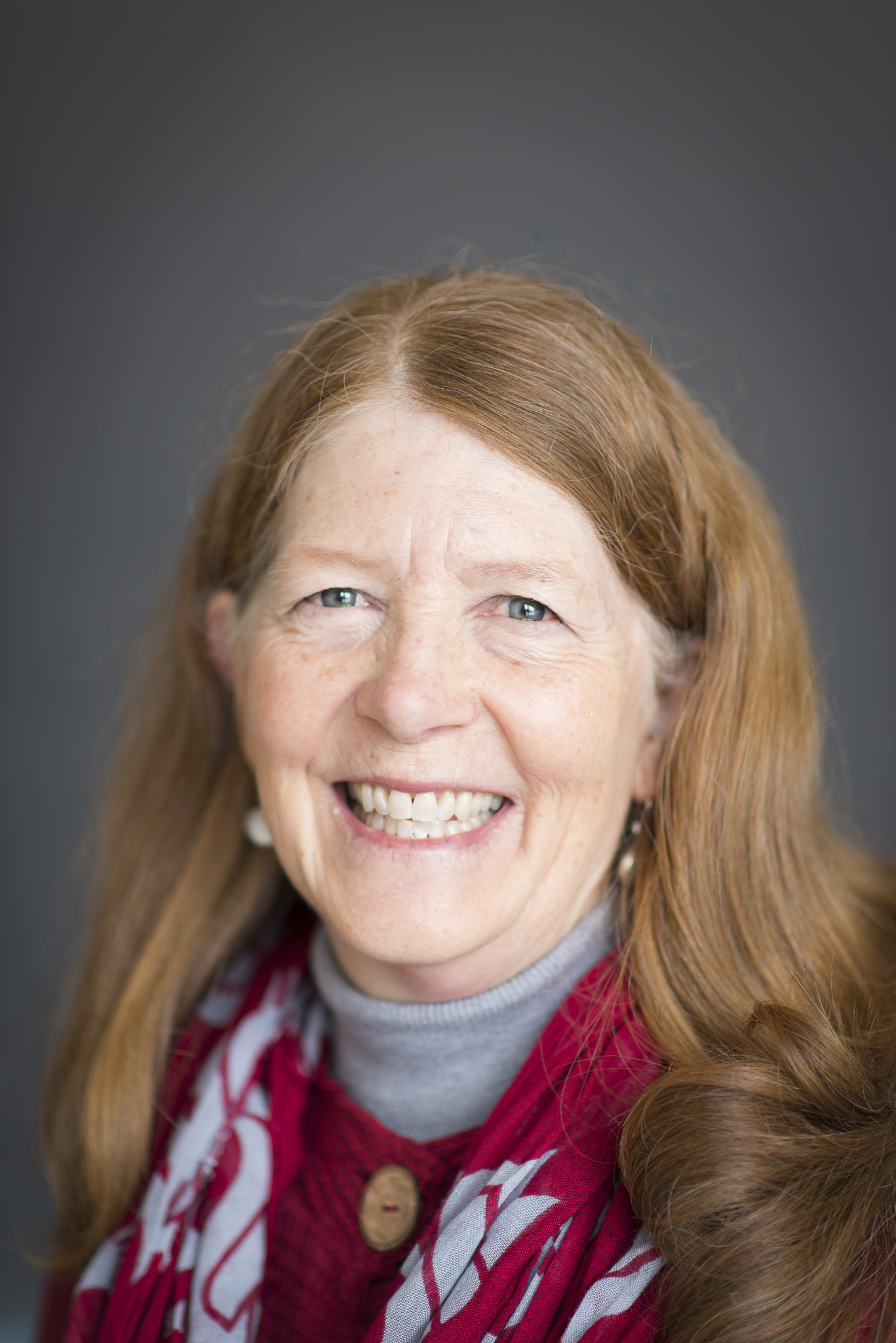Why we should talk about death

 By Lorraine Nelson, WSU Spokane
By Lorraine Nelson, WSU Spokane
The patient had end-stage COPD and could hardly walk more than a few steps before she had to rest.
She was tethered to oxygen all of the time, and when she arrived at her health care provider’s office she declared she wanted to stop taking her medications.
If you were on her health care team, how would you treat her?
That was the question posed to students attending a “Death Over Dinner” interprofessional class one recent evening on the WSU Spokane campus.
Students were seated five to a dining table, and each team got right to work on the question.
Each table had a mixture of students from programs in pharmacy, medicine, nutrition and exercise physiology, physician assistant (University of Washington) and dental hygiene (Eastern Washington University). Their action plans were similar: a psychiatric evaluation, a referral to counseling and a thorough discussion with the patient to find out more.
But the point was having a pharmacy student, for example, hear from the others at the table, and vice versa. They talked, they listened, they collaborated to reach an answer.
“One of the goals of these interprofessional education classes is for students to learn how to collaborate with those in other professions,” said Barbara C. Richardson, interprofessional education (IPE) director (pictured at top).
The COPD patient case was the only exercise of the evening in which the students had to arrive at a group consensus.
But there were other exercises that touched on each of the four core competencies IPE training addresses:
- Values and Ethics
- Roles and Responsibilities
- Teams and Teamwork
- Communication
At the start of the evening class, the 28 health professions students gathered in the Health Sciences Building classroom-turned-dining room where Richardson directed them to introduce themselves to someone they did not know as they were standing in line waiting their turn at the taco bar. They then were split up from their friends when choosing a table so they would be sitting with students in other disciplines.
She let them eat and chat for a while and then gave everyone a handout that asked them to consider what they want for their own end-of-life care by answering nine questions, and then share their answers at their table.
A sample of the questions:
- Do you want to be involved in every health care decision or leave it to the providers?
- Do you want to know everything about your condition or just the basics?
- Are you worried you won’t get enough care or that you will get overly aggressive care?
- What are the three most important things you want your friends, family and/or health care providers to know about your wishes for end-of-life care?
Richardson gave a short lecture that covered some basics of dying, including how the students may approach the subject with their patients and some websites for such resources like the durable power of attorney for health care document and the living will.
And then she wrapped up the evening by posing several provocative questions to the entire group that the students answered at random:
Question: What is a good death versus a hard death?
Sample Answers: Good is family and friends around; everyone on the same page; depends upon what side of the coin you are on. Hard is totally unexpected, long-term dementia, painful, sudden (although not necessarily).
Question: Why is it hard to talk about death?
Sample Answers: Fear, acceptance, sadness
There were students from out-of-state surprised to learn Washington has a “Death With Dignity” law permitting physicians to prescribe lethal doses of medication to patients who meet the stringent requirements of the law. But there also was a pharmacy student with experience filling those prescriptions, which prompted an inquiry from a student seated near her.
“What’s in them?” the student asked. “Depends on the provider,” the pharmacy student replied.
Richardson told them very few of the patients who receive the prescription ever use the medicine to end their lives.
“We all experience death differently,” Richardson told the students. “As health care providers we can’t assume to know anything about what our patients want. We need to discuss these things with our family, friends and providers. I challenge you all to think of one thing you can do with this information to change the culture we have around talking about death and dying.”
Death Over Dinner is a national movement. More information can be found here.
IPE schedule on campus this fall are here.
Watch a recent interview with Barbara Richardson on WSU Health Sciences Update: